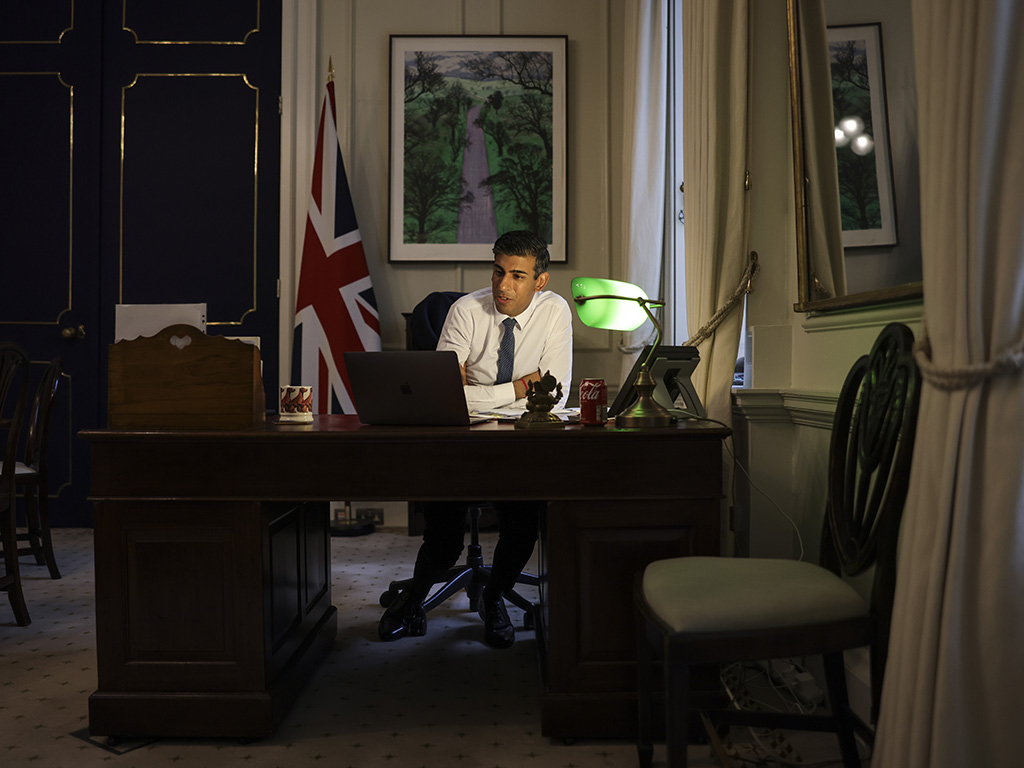
Brexit is back and it could leave Rishi Sunak in deep trouble with the Eurosceptic wing of the Conservative Party.
The Sunday Times reports that the government is preparing to seek a Swiss-style deal with the EU over the next decade to rebuild economic ties with the trading bloc.
Such an agreement would mean striking bilateral deals with Brussels to access the single market. The move would demolish trading barriers and boost economic growth. However, Britain would be obliged to pay into the EU budget, accept some alignment on regulations and liberalise immigration.
Cue the rage of the hardline Brexiteers. Perhaps understandably, the Health Secretary, Steve Barclay, tried to kill the story, telling Sky News he does not “recognise this story at all” and, as a cabinet minister, would not support a Swiss-style deal anyway.
The Sunday Times’ political editor, Caroline Wheeler, last night stood firmly by the report as “impeccably sourced”.
Even if Sunak himself goes on record to deny a deal is being considered, he may not be forgiven.
Could the Prime Minister be brave, face down the rebels and admit that a closer relationship with the EU is highly desirable – maybe even urgently needed? Many Tory backbenchers who have Lib Dems snapping at their heels would surely be relieved to have something to say on the doorstep come the next election.
But then, there is discontent with Brexit everywhere. A recent poll showed that 57 per cent of British people now think it was a mistake. John Curtice, the pollster who revealed the figure, said the shift became noticeable last autumn with the major shortages of lorry drivers, and has grown steadily as the cost-of-living crisis became more acute. Voters increasingly hostile to the Conservatives, it seems, are linking Brexit with decline – and they are right to.
Businesses hoping to export goods complain of astronomical shipping costs, the overstretched NHS has 132,000 staff vacancies, the cost of dining has doubled at some restaurants, food prices in the shops are 6 per cent higher than they would have been. The government’s Brexit deal is expected to lead to 15 per cent lower trade over the long term and is damaging the economy more than Covid, the OBR says. I could go on.
We keep hearing about the government needing to take “difficult decisions” – and as much as serial Tory rebels might buck, plotting a route out of this catastrophe would certainly count. There is a lot of data to suggest that the public would thank Sunak for taking decisive action.
But this window of opportunity has opened before Jeremy Hunt’s tax-hiking Autumn Statement is debated in parliament. The threat of blue-on-blue looms large during Sunak’s fledgling premiership: expect that window to be smartly slammed shut.
[See also: What bad news did Jeremy Hunt bury in his Autumn Statement?]





